
Museveni, Kagame, Tshisekedi commit to cross-border plan to strengthen Covid-19 fight
Presidents Yoweri Museveni of Uganda, Paul Kagame of Rwanda, João Manuel Gonçalves Lourenco of Angola and Félix-Antoine Tshisekedi Tshilombo of the Democratic Republic of Congo (DR Congo) on Wednesday held a virtual mini-summit with a focus on strengthening neighborly relations and fighting the Covid-19 pandemic, which continues to destabilize Great Lakes sub-region economies.
The four countries that make up the Great Lakes region are: Democratic Republic of the Congo (D.R.C.), Burundi, Rwanda, and Uganda. Burundi was not represented as it was not prepared, according to officials.
During the meeting, the regional leaders deplored the harmful effects of the coronavirus disease, particularly the loss of human lives recorded in the Great Lakes sub-region, according to an official statement.
The disease has claimed 85 lives in Uganda, 89 in DR Congo, one in Burundi and 29 in Rwanda.
The heads of state offered their sincere condolences to the bereaved families and resolved to be extra vigilant in the face of persistent threats of this epidemic in their respective countries.
To deal with Covid-19, the presidents committed to setting up a cross-border plan to strengthen surveillance and control measures in response to Covid-19 and other pathologies with epidemic potential between the four countries, while respecting national, regional and international laws relating thereto.
The leaders also reviewed the security situation in the Great Lakes sub-region and recalled the Addis Ababa Framework Agreement of February 2013 which affirms the security concerns of the countries of the sub-region.
In this regard, they reaffirmed their willingness to combine their efforts to eradicate the negative forces and armed groups operating in the Great Lakes sub-region.
The Great Lakes region has made great strides towards achieving peace, security, and stability in the past two years.
Examples of such progress include the smooth transition of power following the elections in the DRC in December 2018, the peaceful elections in Burundi in May this year, the ongoing dialogue between the core countries of the region, namely the DRC, Rwanda, Uganda and Rwanda; progress in the repatriation of disarmed combatants in eastern DRC; and renewed interest in economic cooperation and integration between the countries of the region.
Despite these advances which are in line with the implementation of the Peace, Security and Cooperation Framework for the Democratic Republic of the Congo and the region, many challenges remain, especially the persisting presence of illegal armed forces in eastern DRC, and the lingering mistrust between some countries.
The Heads of state condemned the activism of negative forces in the Great Lakes sub-region and reaffirmed their willingness to advocate for the strengthening of the capacities of existing mechanisms in the Great Lakes sub-region in order to cut off negative forces from sources of financing of their activities.
Links
- 220 views


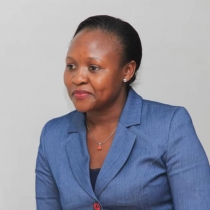








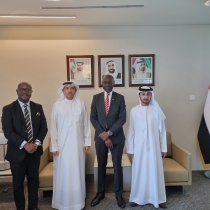
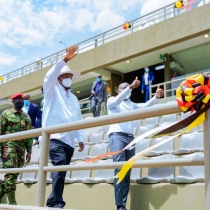
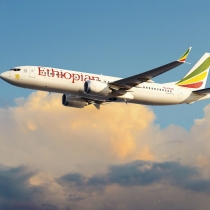



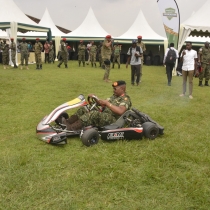


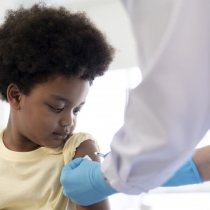
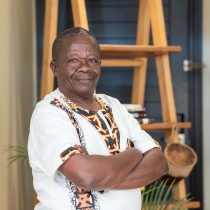





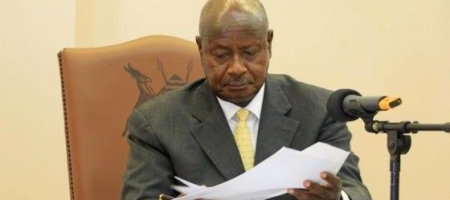













Join the conversation